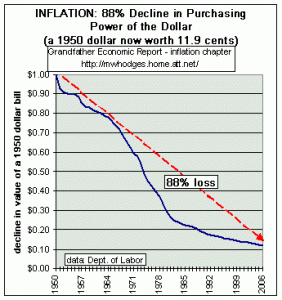
3 budgeting mistakes and what they lead to
Budgeting is an essential aspect of personal finance management. It allows individuals to allocate their income effectively, track expenses, and work towards financial goals. However, there are several common budgeting mistakes that people often make, leading to undesirable consequences.
In this article, we will explore three budgeting mistakes and discuss the adverse outcomes they can lead to.
Neglecting to Create a Realistic Budget:
One of the biggest mistakes individuals make is failing to create a realistic budget. This typically occurs when people underestimate their expenses or overestimate their income. By neglecting to account for all necessary expenses, such as bills, groceries, transportation, and savings, individuals may find themselves running short of funds. This can result in missed payments, accumulating debt, and unnecessary financial stress.
Without a realistic budget, it becomes difficult to prioritize spending and make informed financial decisions.
Failing to Track Expenses:
Another common budgeting mistake is the failure to track expenses diligently. Many people overlook the importance of keeping a record of their spending habits, which can lead to overspending and a lack of awareness about where their money is going. Without accurate expense tracking, it becomes challenging to identify areas where spending can be reduced or eliminated.
This can impede progress towards financial goals and result in a cycle of living paycheck to paycheck. Additionally, not monitoring expenses can make it harder to identify and address any unnecessary or impulsive spending habits.
Ignoring Emergency Funds:
A significant budgeting mistake that people often make is ignoring the importance of setting aside funds for emergencies. Unexpected expenses, such as medical bills, car repairs, or home maintenance, can arise at any time. Without an emergency fund, individuals may have to rely on credit cards or loans to cover these costs, leading to debt accumulation and potentially high-interest payments.
Neglecting to allocate a portion of the budget towards building an emergency fund can leave individuals vulnerable to financial setbacks and increase their financial stress during challenging times.
In conclusion, budgeting is a crucial tool for managing personal finances effectively. However, certain mistakes can hinder financial progress and lead to undesirable outcomes. Failing to create a realistic budget, neglecting to track expenses, and ignoring the importance of emergency funds are three common budgeting mistakes that individuals should avoid.
By being mindful of these mistakes and taking proactive steps to address them, individuals can establish a solid financial foundation and work towards achieving their long-term financial goals.

